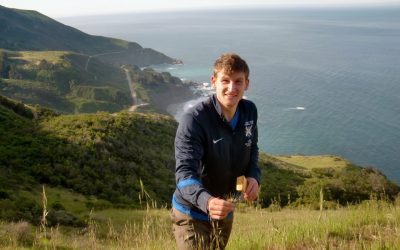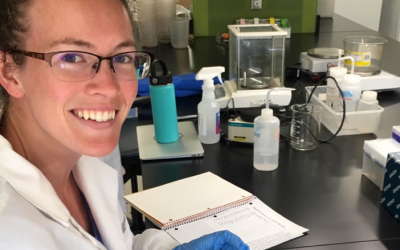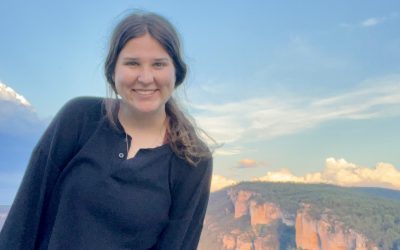new work on community engaged science to focus on climate change adaptation
We've recently received funding through the California Climate Action program for work with the newly established Wildland-Urban Interface Climate Action Network. WUICAN ("we can") is a multidisciplinary team of researchers with the shared goal of co-creating...
new paper shows competition influences selection on germination timing
José Waterton recently published one of his thesis chapters in Evolution, showing while early germinating individuals often have higher fitness than later germinating individuals, the magnitude and even direction of selection can vary depending on the taxonomic...
California poppy project funded by new NSF Organismal Response to Climate Change grant
With the accelerating pace of both climate change and habitat loss, conservation efforts will need to understand adaptive mechanisms that maximize the chances for species’ persistence. Species distribution models are a critical tool in the conservation “tool box."...
new poppy paper published
One of Liz Ryan’s thesis chapters was published, titled “Clinal variation in phenological traits and fitness responses to drought across the native range of California poppy.” She found that California poppy (Eschscholzia californica) varies tremendously across it’s...
Welcome Karagan!
Karagan Smith has joined the lab as a new PhD student! Karagan received her BS with Honors from Pepperdine University where for four years she pursued research on plant recovery from wildfire. She also completed research in Spain on drought responses of Aleppo Pine,...
new paper accepted in Evolution Letters
Congratulations José! One of his dissertation chapters was recently accepted for publication in Evolution Letters. The study shows that while most plants benefit from germinating early in the growing season, this advantage is reduced by herbivores, which tend to...





